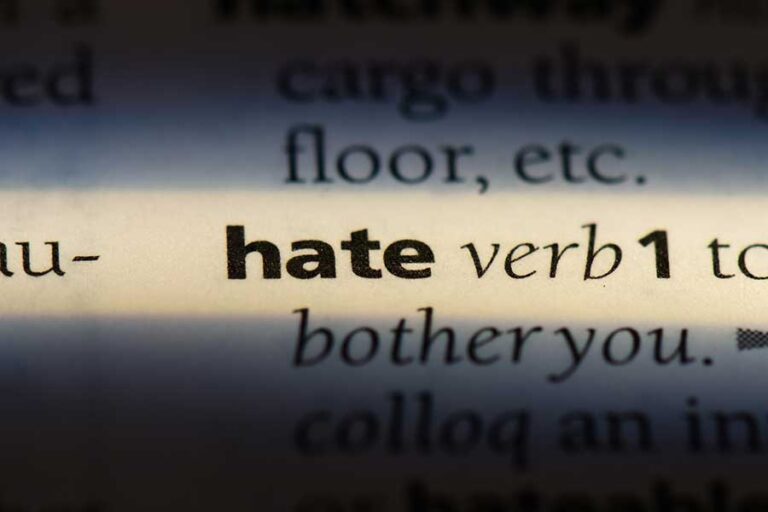That is why the Torah commands:
You shall love the stranger because you were strangers in the land of Egypt (Deut. 10:19).
Love the stranger, because you were once strangers. Remember what it was like to be the outsider, the foreigner, the one not like everyone else. Remember the fear, the loneliness, the uncertainty. Remember, and let that memory guide your actions towards others who may find themselves in that same position.
It is easy to hate what we do not understand, to fear what is different from us. But the true test of our humanity is in how we respond to those who are not like us. Do we choose love, understanding, and compassion? Or do we choose hate, fear, and exclusion?
The choice is ours to make, every day, in every interaction with those around us. Let us choose wisely, remembering that the true measure of a society is in how it treats its most vulnerable members.
Let us blot out the name of Amalek, and all forms of irrational hate, from under the heavens. Let us build a world based on love, respect, and acceptance for all.
May we always remember, and never forget, the lessons of our past. And may we strive to create a better, more compassionate future for all.
When an emotion like fear of strangers is rational but unjustified, eventually it declines and disappears.
Antisemitism is different. It is the paradigm case of irrational hatred. In the Middle Ages Jews were accused of poisoning wells, spreading the plague, and in one of the most absurd claims ever – the Blood Libel – they were suspected of killing Christian children to use their blood to make matzot for Pesach. This was self-evidently impossible, but that did not stop people believing it.
The European Enlightenment, with its worship of science and reason, was expected to end all such hatred. Instead, it gave rise to a new version of it, racial antisemitism. In the nineteenth century Jews were hated because they were rich and because they were poor; because they were capitalists and because they were communists; because they were exclusive and kept to themselves and because they infiltrated everywhere; because they were believers in an ancient, superstitious faith and because they were rootless cosmopolitans who believed nothing. Antisemitism was the supreme irrationality of the Age of Reason.
It gave rise to a new myth, The Protocols of the Elders of Zion, a literary forgery produced by members of the Czarist Russia secret police toward the end of the nineteenth century. It held that Jews had power over the whole of Europe – this at the time of the Russian pogroms of 1881 and the antisemitic May Laws of 1882, which sent some three million Jews, powerless and impoverished, into flight from Russia to the West.
The situation in which Jews found themselves at the end of what was supposed to be the century of Enlightenment and emancipation was stated eloquently by Theodor Herzl, in 1897:
We have sincerely tried everywhere to merge with the national communities in which we live, seeking only to preserve the faith of our fathers. It is not permitted us. In vain are we loyal patriots, sometimes super loyal; in vain do we make the same sacrifices of life and property as our fellow citizens; in vain do we strive to enhance the fame of our native lands in the arts and sciences, or her wealth by trade and commerce. In our native lands where we have lived for centuries we are still decried as aliens, often by men whose ancestors had not yet come at a time when Jewish sighs had long been heard in the country… If we were left in peace… But I think we shall not be left in peace.
This was deeply shocking to Herzl. No less shocking has been the return of antisemitism to parts of the world today, particularly the Middle East and even Europe, within living memory of the Holocaust. Yet the Torah intimates why. Irrational hate does not die.
Not all hostility to Jews, or to Israel as a Jewish State, is irrational, and where it is not, it can be reasoned with. But some of it is irrational. Some of it, even today, is a repeat of the myths of the past, from the Blood Libel to the Protocols. All we can do is remember and not forget, confront it and defend ourselves against it.
Amalek does not die. But neither does the Jewish people. Attacked so many times over the centuries, it still lives, giving testimony to the victory of the G-d of love over the myths and madness of hate.

